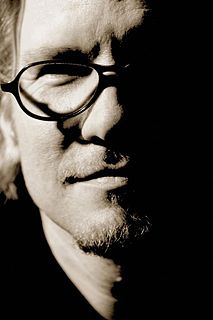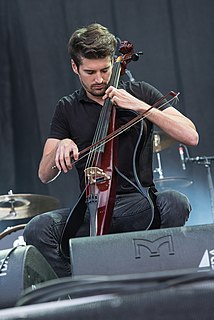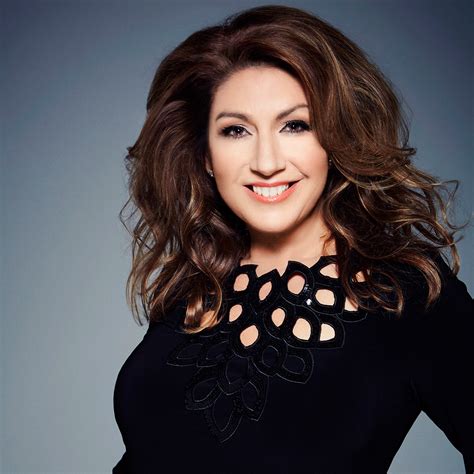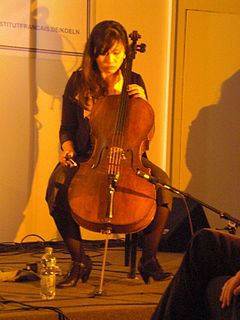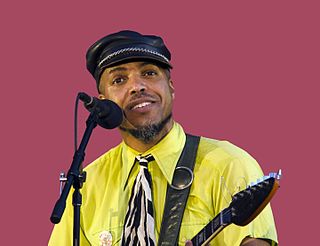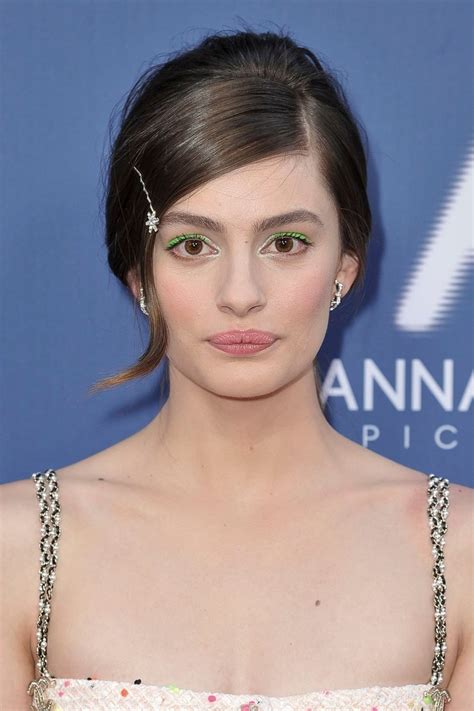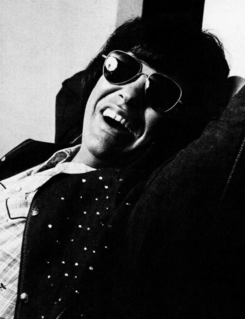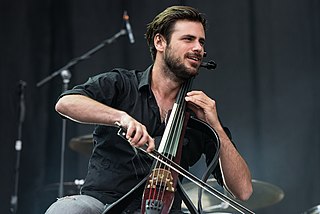A Quote by Tod Machover
I'd studied piano first and switched over to cello when I was about seven. I played mostly chamber and solo classical music. I got really involved with rock music when I was a teenager. I wired up my cello.
Related Quotes
I started piano lessons at age six but didn't take music seriously until I was a teenager, when I thought about a career in music. I studied classical music, and my instruments were guitar and piano. I played keyboards in bands, and after high school I went to Vienna to study at the Academy of Music. I also became a session player, which culminated in my work with Tangerine Dream.
I've always been a lover of classical music ever since I was an early teenager I suppose. I remember the very first piece of classical music that grabbed me was I bought an LP of Daniel Barenboim performing Mozart's piano concertos and I would have been about 14 or 15 at the time and I remember I played it over and over again.
I particularly enjoy cello music because our daughter plays the cello. I have listened to her practice for so many hours that I am familiar with the music written for that instrument. I am also fond of the popular music of the 1930s because my future husband and I danced to it so many Saturday nights when we were in college.

